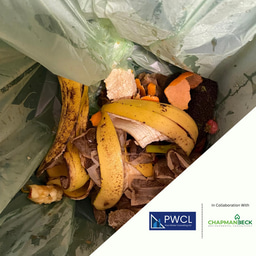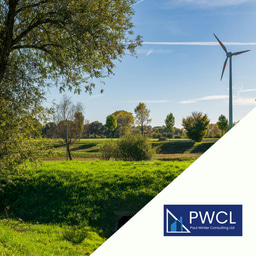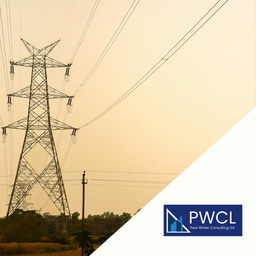European report acknowledges that Energy from Waste reduces methane emissions

We’ve written often recently about Energy from Waste’s role in waste management and reducing waste going to landfill, and the importance of that. But, at the end of February 2025, the European Environment Agency (EEA) published a report on methane emissions that officially noted the role of Energy from Waste (EfW) in mitigating methane emissions from the waste sector.
This is interesting because, although this seems to be common knowledge in the sector - or at least makes sense to EfW professionals - EfW’s crucial role in reducing methane emissions was not present in the 2020 EU Methane Strategy.
Energy from Waste facilities have had a particularly hard time in the media and with policy makers over the last couple of years and new reports such as this one published by EEA, are vital in unveiling and indeed reiterating the critical, positive impact EfW can make on climate change, and as a strategic contributor to Net Zero efforts.
Too prominent has been the argument in recent years around EfW and carbon emissions, without enough consideration given to the benefits of Energy from Waste in other areas, such as reducing methane emissions, reducing reliance on landfill, and therefore reducing the risk of things like leachate contamination, fugitive emissions, and unpleasant odours.
With this report, however, comes a renewed sense of hope for the Energy from Waste sector and - a sentiment probably shared by us all working across the sector - a feeling that this could mark a turning point for how the media, public and policy makers both talk about and view EfW facilities.
Indeed, as an article published on letsrecycle.com on 6th March highlights, EfW in the UK has growing significance as part of our waste management infrastructure; the appetite for Energy from Waste plants has not dwindled and hopefully, with a changing discourse around it, EfW will enjoy a period of growth over the next few years.





Please sign in or register for FREE
If you are a registered user on Energy from Waste Network, please sign in